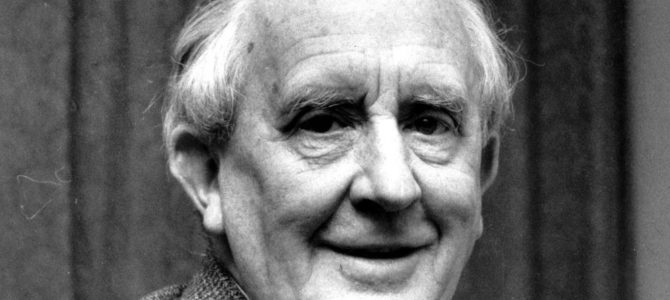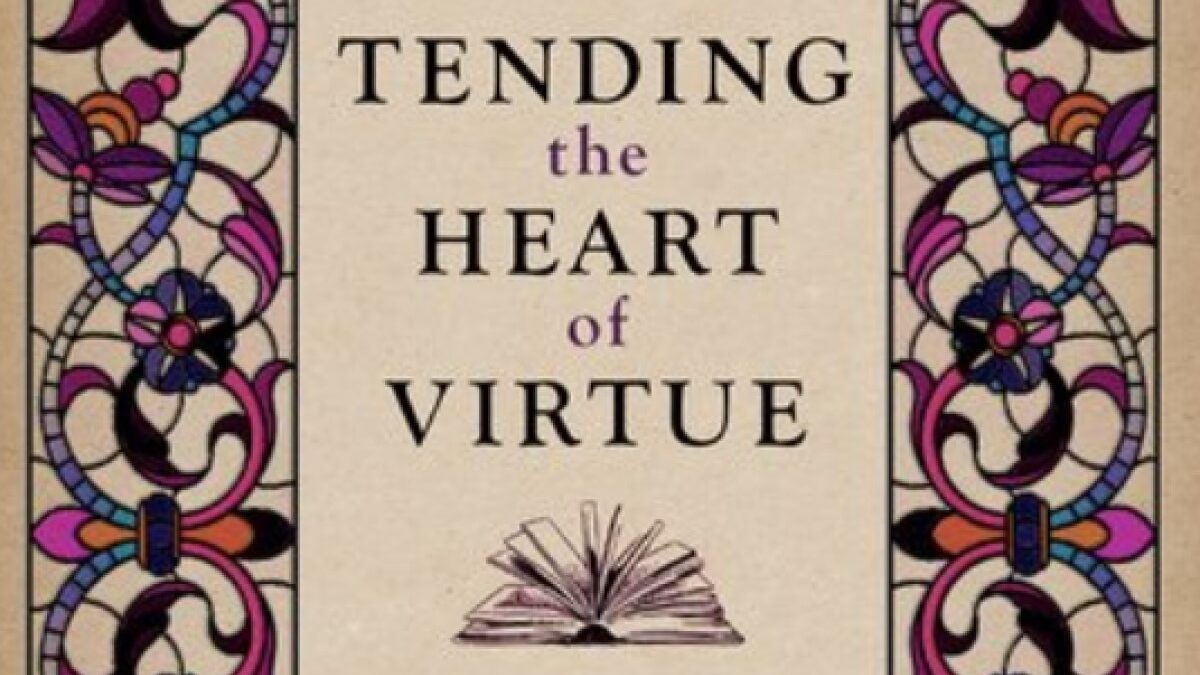The Tolkien Society, a literary organization founded in 1969 and dedicated to promoting the works of J.R.R Tolkien, has held an annual academic conference for decades. This year’s conference, to be held virtually via Zoom on July 3 and 4, is on the theme of “Tolkien and Diversity.”
Before we go on, understand that the Tolkien Society’s president was, and formally remains, the great J.R.R. Tolkien himself. His daughter, Priscilla, currently serves as the vice president. At its annual seminar, scholars present academic papers, archival materials are sometimes displayed and discussed, and a serious effort is generally made to understand and appreciate Tolkien’s unique genius. In other words, it’s not some ramshackle fan club for Middle Earth LARPers.
But this year, seminar attendees will be subjected to something different. Papers to be presented include, “Gondor in Transition: A Brief Introduction to Transgender Realities in The Lord of the Rings,” “The Lossoth: Indigeneity, Identity, and Antiracism,” and “‘Something Mighty Queer’: Destabilizing Cishetero Amatonormativity in the Works of Tolkien.” Pretty much the entire program is like this.
The best thing we can say about a Tolkien conference that presents papers on, say, “Pardoning Saruman?: The Queer in Tolkien’s The Lord of the Rings,” or “The Invisible Other: Tolkien’s Dwarf-Women and the ‘Feminine Lack,’” is that the scholars in question do not know the first thing about Tolkien or the meaning of his work.
The worst we can say is that they hate Tolkien and his work, and would like very much to destroy it.
Indeed, how else can we account for such a conference? “The Lord of the Rings,” like “The Hobbit” and “The Silmarillion” and Tolkien’s entire corpus of writings on Middle Earth, has almost nothing to say about the concerns expressed in these papers or the worldview from which they spring. There are no “transgender realities” in the Lord of the Rings. There is nothing to say about the Lossoth — a remnant of the ancient people of Forodwaith, a race of hardy men who dwelt in the icy far north of Middle Earth — that even remotely relates to contemporary leftist ideas like antiracism. There is no place in a serious discussion of Tolkien’s writings for phrases like “cishetero amatonormativity.”
The only reason to torture Tolkien’s work like this is not to understand it more deeply but to tear it down. And why would modern scholars want to do that? Because everything that Tolkien was, and everything he wrote, is an affront to the modern secular scholar’s understanding of the world, reality, and the meaning and purpose of life.
Put bluntly, the worlds Tolkien created sprang from an imagination shaped and suffused by his deep Roman Catholic faith. “The Silmarillion” in particular is in some ways a poetic and literary reflection on the Catechism of the Catholic Church. In considering Tolkien’s Middle Earth, there is no way to escape this reality.
His creation, as he himself said, was a kind of sub-creation under the inspiration and aegis of almighty God. His grand themes — good and evil, truth and falsehood, power and glory and honor and sacrifice — all flow forth from his Christian faith and his decidedly sacramental view of the world. For Tolkien, all the world is shot through with meaning by a Creator who loves mankind and is manifest in His works.
That men and women now come to slander and distort and ultimately destroy these sub-creations of Tolkien is also, in a strange way, a testament to his legacy. Like Melkor, they are possessed by dark thoughts of their own imaginings, unlike those of the great Tolkien, and seek not so much to increase their own power and glory, but to bring Tolkien’s down to their grubby station, where everything can be reduced to race and sex and politics.
These people are taken today to be Tolkien scholars. What can we, who love Tolkien and his profoundly Christian art, do but repeat in sorrow a line from “Lament for the Rohirrim”—
The days have gone down in the West behind the hills into shadow.









